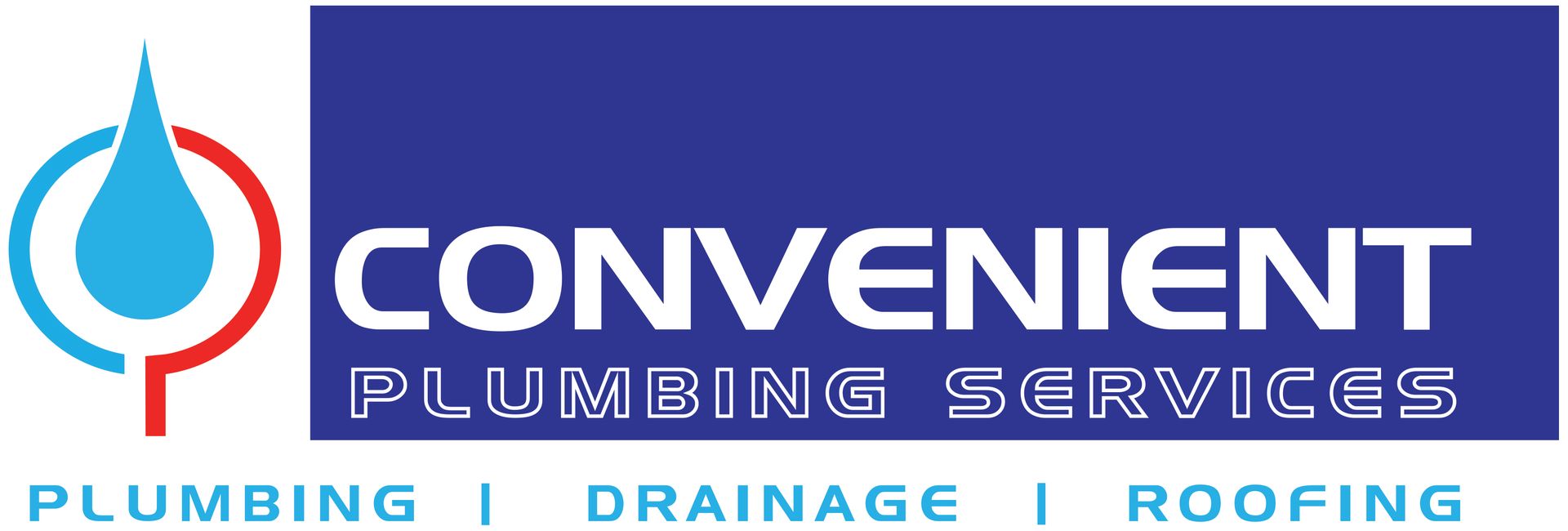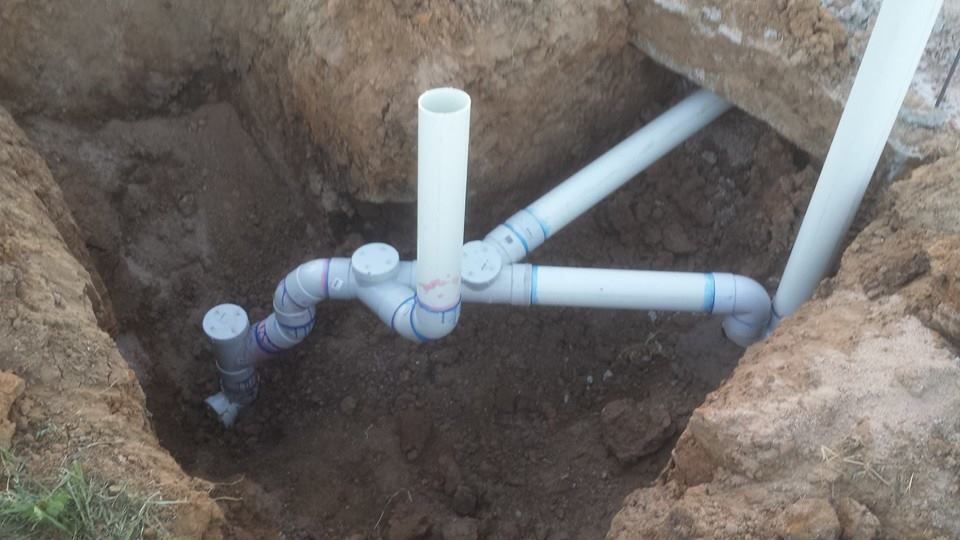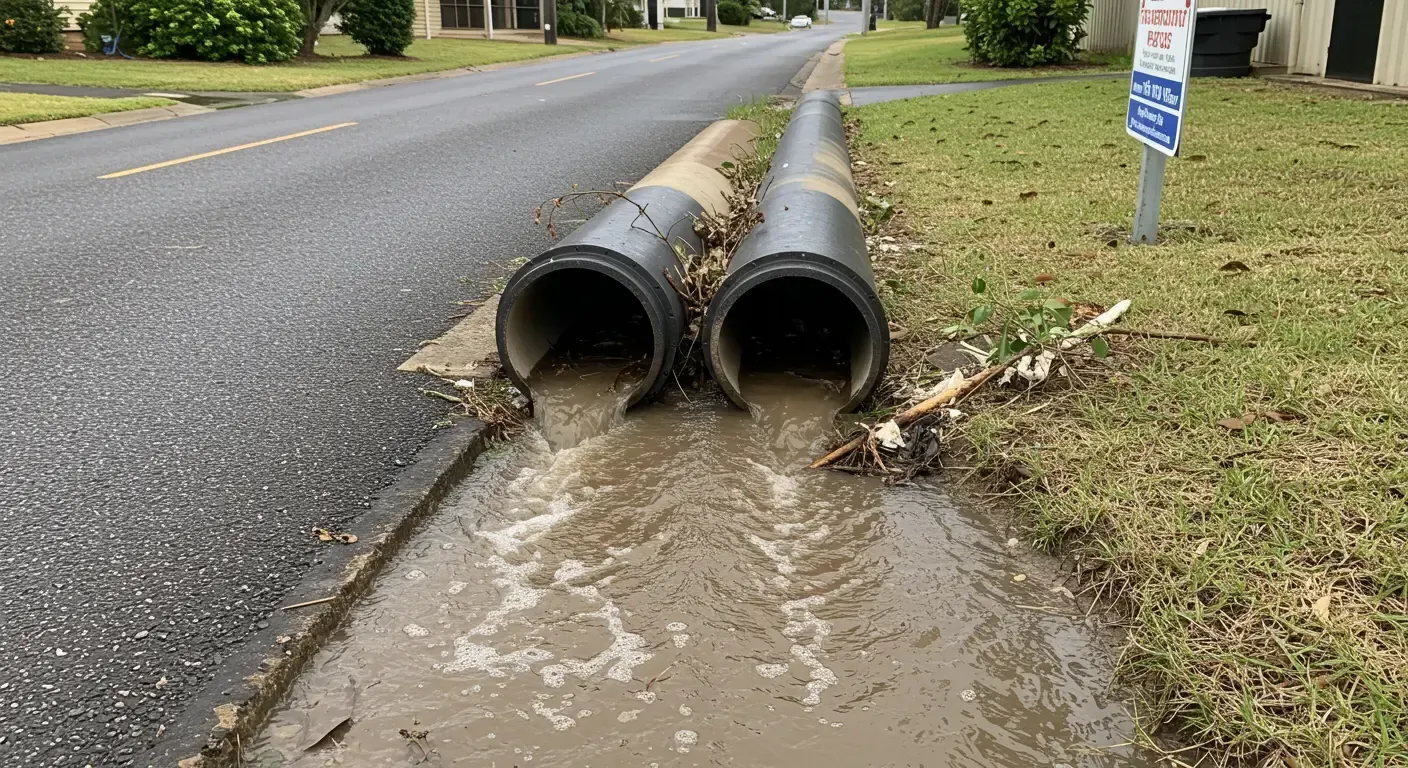Why Choosing the Right Gas Appliances Matters
Choosing the right gas appliances for your home can significantly affect your comfort, energy bills, and safety. Whether you're upgrading an old appliance or outfitting a new home, selecting high-quality, energy-efficient appliances tailored to your needs is essential. Gas Fitting appliances, including stoves, water heaters, and heaters, offer many benefits, such as cost-effectiveness, energy efficiency, and reliable performance.
In this guide, we’ll help you make an informed decision on selecting the best gas appliances for your home. We'll cover key factors to consider, including efficiency, safety features, and cost, ensuring you choose the right appliances to enhance your daily living while lowering long-term expenses.
What to Consider When Choosing Gas Appliances
Choosing the right gas appliance requires careful consideration. Here are the top factors to keep in mind when shopping for a gas stove, hot water system, or gas heater.
1. Energy Efficiency: Lower Bills, Higher Performance
One of the primary reasons homeowners choose gas appliances is the potential for energy savings. Gas is often cheaper than electricity in many areas, but an inefficient appliance can negate these savings. Here are key efficiency-related points to consider:
- Look for Energy Star Ratings: Energy-efficient models use less gas to perform the same tasks, reducing both your bills and your environmental footprint. Check for appliances with high Energy Star ratings.
- Consider the Size of the Appliance: A gas stove, water heater, or heater that is too large for your home will consume unnecessary energy. Matching the appliance size to your home’s needs ensures optimal performance.
- Gas vs. Electric: While both have their merits, gas appliances are typically more energy-efficient, especially in homes that use natural gas or propane.
2. Safety Features: Prioritise Peace of Mind
Gas appliances are generally safe, but safety should always be a top priority. The right appliance should include advanced safety features to reduce potential hazards.
- Automatic Shut-Off: Look for appliances with auto-shutoff features, which immediately stop the gas flow if the appliance is malfunctioning or if there’s a risk of a leak.
- Flame Failure Devices: For gas stoves, a flame failure device (FFD) ensures that if the flame goes out unexpectedly, the gas supply is automatically cut off, preventing dangerous gas buildup.
- Carbon Monoxide Detectors: Install carbon monoxide detectors near gas appliances, especially in kitchens and utility rooms, to detect leaks and provide alerts for early intervention.
3. Appliance Type: Matching Your Home’s Needs
There are different types of gas appliances, each suited for specific needs. The appliance you choose will depend on factors such as the size of your household, energy usage, and specific functionality.
- Gas Stoves: A gas cooktop offers precision and rapid heat control, making it ideal for those who cook often. If you’re looking for cooking efficiency, a gas stove with multiple burners and advanced features like auto-ignition is ideal.
- Gas Water Heaters: If you're replacing or installing a new water heater, consider tankless water heaters that heat water on demand, or a storage tank water heater if you have a larger household and need consistent hot water.
- Gas Heaters: Whether for your living room, kitchen, or entire home, a gas heater can offer efficient warmth. Gas fireplaces provide cozy ambiance, while gas central heating systems are ideal for larger homes.
4. Cost Considerations: Budgeting for Your Appliances
The upfront cost of gas appliances can vary, but long-term savings are often significant. Here are the cost factors to consider:
- Initial Installation Costs: Gas appliances generally have a higher upfront cost compared to their electric counterparts. However, the installation cost can vary depending on the complexity, type, and brand of the appliance.
- Long-Term Energy Savings: As mentioned, gas appliances are often more energy-efficient than electric alternatives, leading to lower monthly utility bills over time.
- Maintenance Costs: Gas appliances may require more regular maintenance than electric ones. Ensure you account for the ongoing service and maintenance fees, such as annual inspections and repairs.
5. Choosing the Right Size: Not Too Big, Not Too Small
Choosing the right-sized appliance for your home is crucial to avoid energy wastage and ensure proper functioning.
- Gas Stove Size: A 4-burner stove is ideal for small to medium-sized families, while larger families may benefit from a 5 or 6-burner stove.
- Water Heater Capacity: Consider the size of your household when selecting a gas water heater. A small family might only need a unit that provides 30-50 gallons of hot water, while larger families may need 60 gallons or more.
- Heating Area: If you're choosing a gas heater for your home, make sure it’s powerful enough to heat the square footage of your space. Gas central heating systems are ideal for larger homes, while portable gas heaters may suffice for smaller spaces.

How to Find Trusted Gas Appliance Installers
Once you've chosen the right gas appliances for your home, it's essential to find a professional installer who can ensure everything is set up safely and efficiently. Here are a few tips for finding a trusted gas appliance installer:
✔ Certified and Licensed: Always hire a licensed gas fitter to install your appliances. An experienced installer will adhere to local codes and safety standards.
✔ Check Reviews and Testimonials: Look at customer reviews and testimonials to ensure you’re hiring a reputable installer with a history of quality work.
✔
Get Multiple Quotes:
Don’t settle for the first quote you receive. Compare prices, warranties, and services from different installers to find the best deal.
Conclusion: Make the Right Choice for Your Home
Choosing the right gas appliances for your home involves considering various factors, from efficiency and safety to budget and size. By understanding your household's needs and doing thorough research, you can ensure you select the best gas appliances to enhance comfort, save money, and boost energy efficiency.
Remember, the right gas appliances not only improve your daily living but also contribute to long-term savings. If you're unsure where to start, our experts at
Convenient Plumbing are ready to provide personalised advice and help you make the right choice. For more information or to schedule an installation, contact us today!



